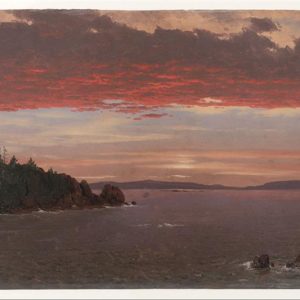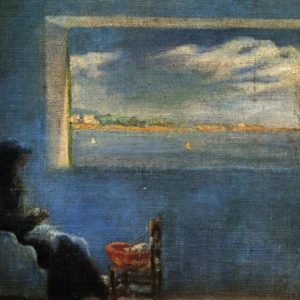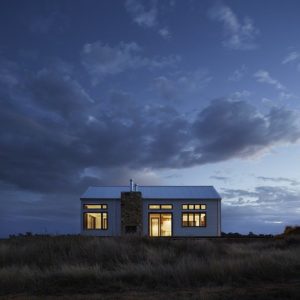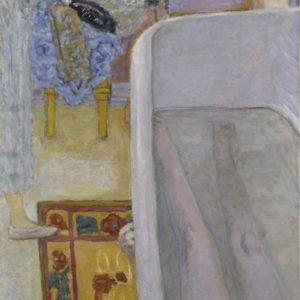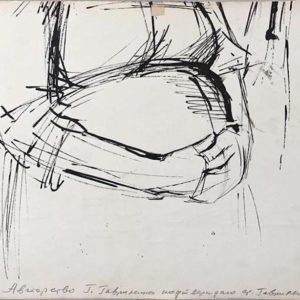
Forget
You stood beside me while I crouched on the floor with a pair of bright red pumps, an oddity remembered only because of what happened next. There was the musty smell of sweat and old soap, the mold’s cool talcum in the shoe bed, the clatter of the bright room when we heard your aunt say to your mother-in-law: “You hurt me.”


